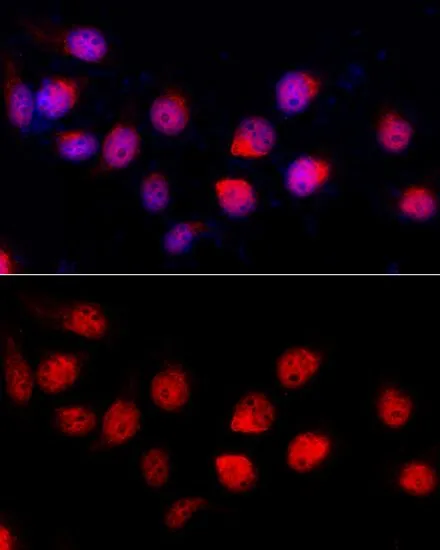
ICC/IF analysis of HeLa cells using GTX64415 ADAR1 antibody. Blue : DAPI Dilution : 1:100
ADAR1 antibody
GTX64415
ApplicationsImmunoFluorescence, Western Blot, ImmunoCytoChemistry, ImmunoHistoChemistry, ImmunoHistoChemistry Paraffin
Product group Antibodies
ReactivityHuman, Mouse, Rat
TargetADAR
Overview
- SupplierGeneTex
- Product NameADAR1 antibody
- Delivery Days Customer9
- Application Supplier NoteWB: 1:500 - 1:2000. ICC/IF: 1:50 - 1:200. IHC-P: 1:50 - 1:200. *Optimal dilutions/concentrations should be determined by the researcher.Not tested in other applications.
- ApplicationsImmunoFluorescence, Western Blot, ImmunoCytoChemistry, ImmunoHistoChemistry, ImmunoHistoChemistry Paraffin
- CertificationResearch Use Only
- ClonalityPolyclonal
- ConjugateUnconjugated
- Gene ID103
- Target nameADAR
- Target descriptionadenosine deaminase RNA specific
- Target synonymsADAR1, AGS6, DRADA, DSH, DSRAD, G1P1, IFI-4, IFI4, K88DSRBP, P136, double-stranded RNA-specific adenosine deaminase, 136 kDa double-stranded RNA-binding protein, adenosine deaminase acting on RNA 1-A, dsRNA adenosine deaminase, dsRNA adeonosine deaminase, interferon-induced protein 4, interferon-inducible protein 4
- HostRabbit
- IsotypeIgG
- Protein IDP55265
- Protein NameDouble-stranded RNA-specific adenosine deaminase
- Scientific DescriptionThis gene encodes the enzyme responsible for RNA editing by site-specific deamination of adenosines. This enzyme destabilizes double-stranded RNA through conversion of adenosine to inosine. Mutations in this gene have been associated with dyschromatosis symmetrica hereditaria. Alternative splicing results in multiple transcript variants. [provided by RefSeq, Jul 2010]
- ReactivityHuman, Mouse, Rat
- Storage Instruction-20°C or -80°C,2°C to 8°C
- UNSPSC41116161

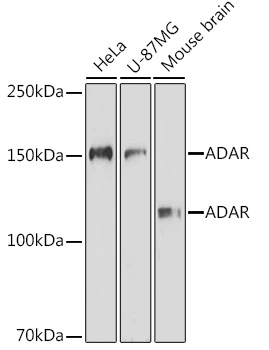
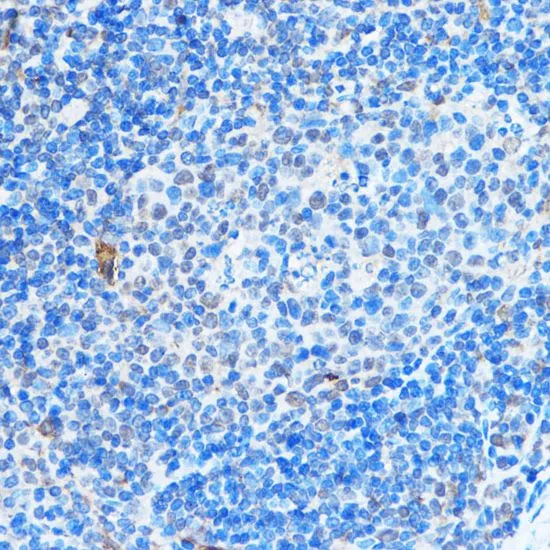
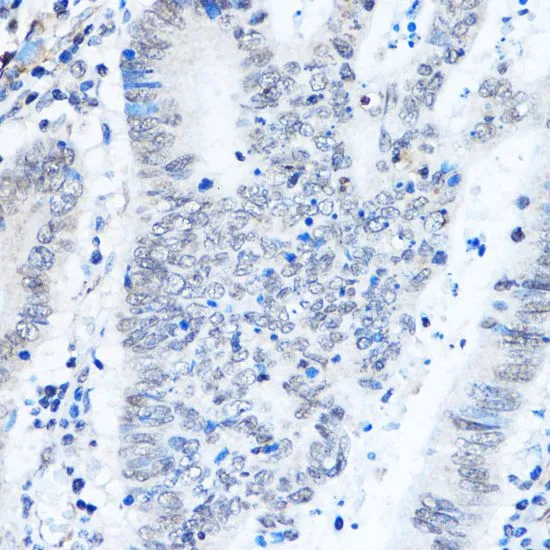
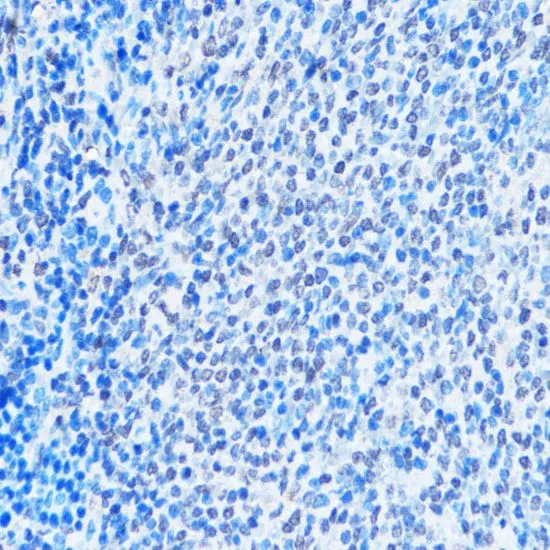
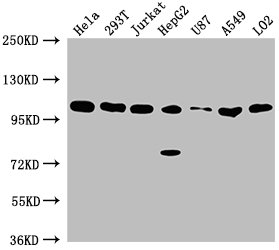
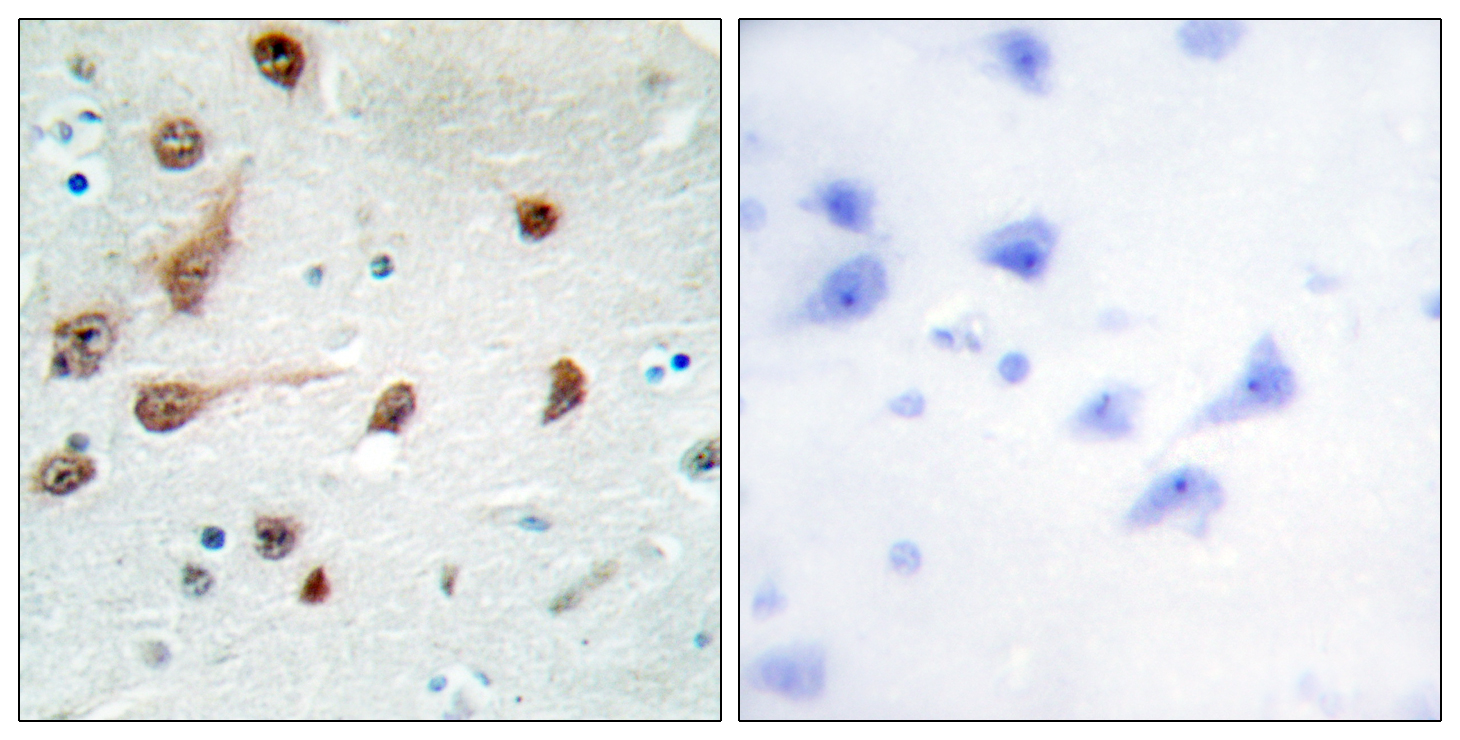



![Various whole cell extracts (30 μg) were separated by 5% SDS-PAGE, and the membrane was blotted with ADAR1 antibody [HL1789] (GTX637441) diluted at 1:1000. The HRP-conjugated anti-rabbit IgG antibody (GTX213110-01) was used to detect the primary antibody.](https://www.genetex.com/upload/website/prouct_img/normal/GTX637441/GTX637441_T-44809_20220923_WB_22092622_873.webp)
![Various whole cell extracts (30 μg) were separated by 5% SDS-PAGE, and the membrane was blotted with ADAR1 antibody [HL3666] (GTX641694) diluted at 1:1000. The HRP-conjugated anti-rabbit IgG antibody (GTX213110-01) was used to detect the primary antibody.](https://www.genetex.com/upload/website/prouct_img/normal/GTX641694/GTX641694_T-45649_20250110_WB_25011618_112.webp)